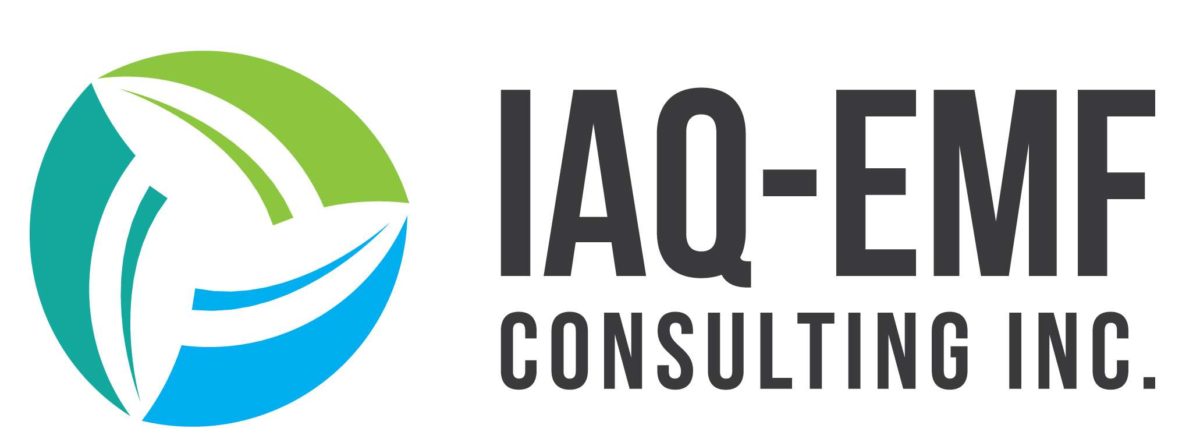
What is an Industrial Hygienist?
What is an Industrial Hygienist? Industrial Hygienists and especially a Certified Industrial Hygienist (CIH) are experts in environmental exposure at work and at home and anywhere people inhabit.
A Certified Industrial Hygienist is a highly-credentialed expert within the field of industrial hygiene by way of experience, education and rigorous examination. A CIH by definition is an expert industrial hygienist.
What can a CIH test for? We test indoor air quality (IAQ), also know as indoor environmental quality (IEQ) in the living and working environment. That means chemical exposure, poor ventilation, electromagnetic fields (EMF) and all toxic and physical agents that can harm the human body.
An industrial hygienist is a professional who specializes in the field of occupational health and safety. Their primary focus is to identify, evaluate, and control workplace hazards that could potentially impact the health and well-being of workers. Industrial hygienists work across various industries to ensure that appropriate measures are in place to protect employees from occupational hazards.
The role of an industrial hygienist typically involves the following:
1. Hazard Identification: Industrial hygienists are trained to recognize potential workplace hazards such as chemical, biological, physical, and ergonomic factors. They conduct thorough assessments of work environments to identify sources of potential harm to workers.
2. Risk Assessment: Once hazards are identified, industrial hygienists assess the level of risk they pose to employees. They evaluate factors such as the concentration or level of exposure, the duration of exposure, and the potential health effects associated with specific hazards.
3. Exposure Monitoring: Industrial hygienists often conduct exposure monitoring to measure and assess workers’ exposure levels to hazardous substances or conditions. They collect samples, such as air or biological samples, and analyze them to determine the extent of exposure and compare the results with established standards or regulatory limits.
4. Control Strategies: Industrial hygienists work with organizations to develop and implement control strategies to minimize or eliminate workplace hazards. This may involve the design and implementation of engineering controls, administrative controls, or the use of personal protective equipment (PPE). They also provide recommendations for process modifications or changes in work practices to reduce exposure levels.
5. Training and Education: Industrial hygienists play a crucial role in educating and training employees on recognizing and mitigating workplace hazards. They develop and deliver training programs to raise awareness about occupational health and safety, proper use of PPE, and safe work practices.
6. Regulatory Compliance: Industrial hygienists ensure that organizations comply with relevant occupational health and safety regulations and standards. They stay up-to-date with current regulations, guidelines, and best practices and assist companies in understanding and implementing them effectively.

Recent Comments